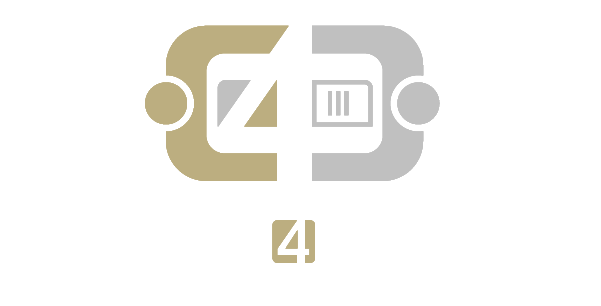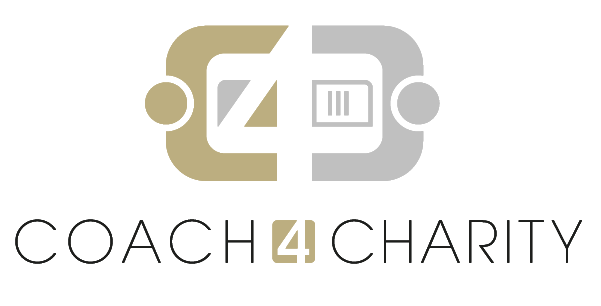
Interview with Eefke Bodt. Consultant, Trainer, Performance Coach.
You have a long carrier in human resource, and now you are in NetExpat, one the most important company in the world focused on assessment, training and coaching mobile employees and relocating their partners too. Could you explain deeper your function in the company?
In NetExpat I help all the experts that are moving all around the world in the difficult issue to adapt to the country. For example if you come to Vietnam you find that the way local people think is so much different. I had a German lady who came to Vietnam with that straight way to act that a German has, and I had to train her about what she could do and how she had to adapt to the country. In Vietnam people will never say no. If you ask a question, and a person is not happy with it, you have to change the question in some part because he or she will always say yes, and this is very important if you are the boss speaking to an employee but even if you are in a hospital.
You also work on relocating partners of people coming to work abroad. Does this always happen? How can you easily find a job if you have unique and particular skills?
This is true, but the relocation in a new culture can also be an opportunity. Some people start their own business or do voluntary work. This happens because they can do more than they think they can. You can move people outside their comfortable zone, and this way let them see what is possible in their life.
What is the methodology to coach people to accept a new culture?
At first I have to train a new person for a one whole day and teach him or her on everything about the country. After a while, when he or she has been starting to work in the country since a few weeks, he or she usually says something like ‘I have asked this and I get this’ so I have to train them about how to relate with others in the proper way, reminding that even from the side of the new person there are many important differences from a culture to another one.
You work also as a private coach with Tummo Consulting. What kind of help does the client ask you as a coach?
I always start with a 15 minutes conversation to know the person because I cannot help everybody. If I’d say that I could help everybody I wouldn’t be a good coach. For example I can coach depressed people until a certain level. If they are at too big level of depression I send them to the right specialist.
80% of my clients are people that want to grow, who knows that there is something that stop them and that they want to exceed. I help them to scratch their limit and so they finally know that they can do it. I also help people that are anxious, I go deeper to know why, I open their mind sets and make a plan to fix this. I usually do this in 4 to 6 sessions during a 2 months period.
Do you also coach group of people?
Yes, even digitally. I prefer 1 to 1 coaching but there are people that cannot pay for individual coaching so I coach them digitally as a group.
And does digitally coaching is effective as in person?
I think it is more, because when in person you have a lot of distractions, you look around, there are many elements, while on digital we are more focused on each other. In digital connection we are more relaxed, and this can be an important condition in coaching.
You work on many sides including coaching and business organizing and managing, and many other things. What is your approach to all these activities?
I always work on adding something new in my job, to give people more. As a special extra unpaid job project I’m working on teaching small groups of Indian kids the way they should grow up in the world, let them know and understanding the value of working and money. I think that opening their mind to let them to become independent, and not only connected to public or private funds that cannot last forever, is the best help you can give them for reaching a better life.







